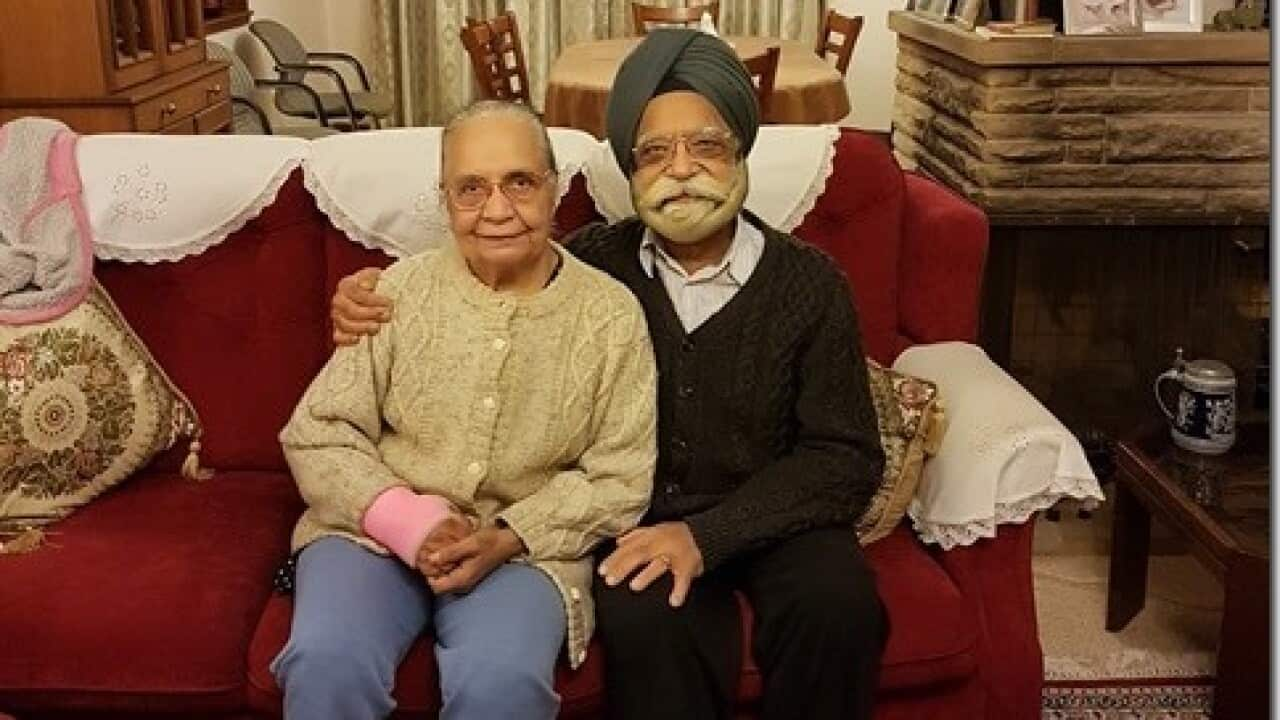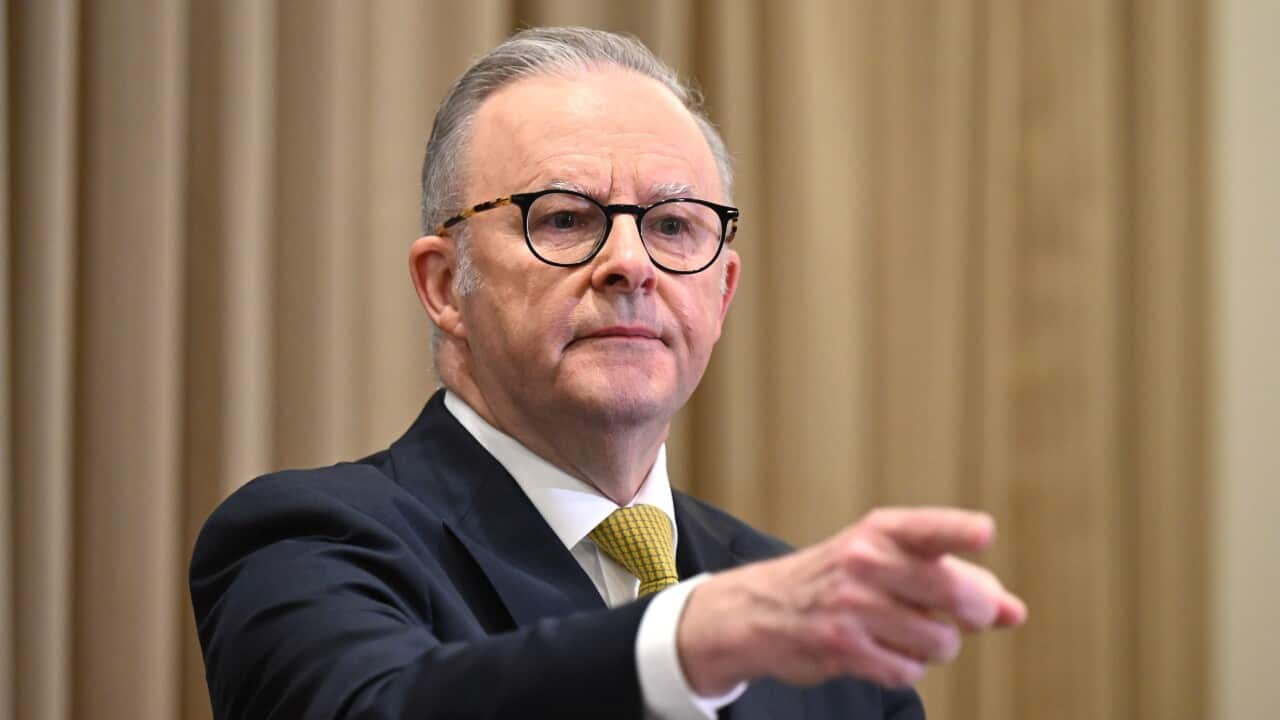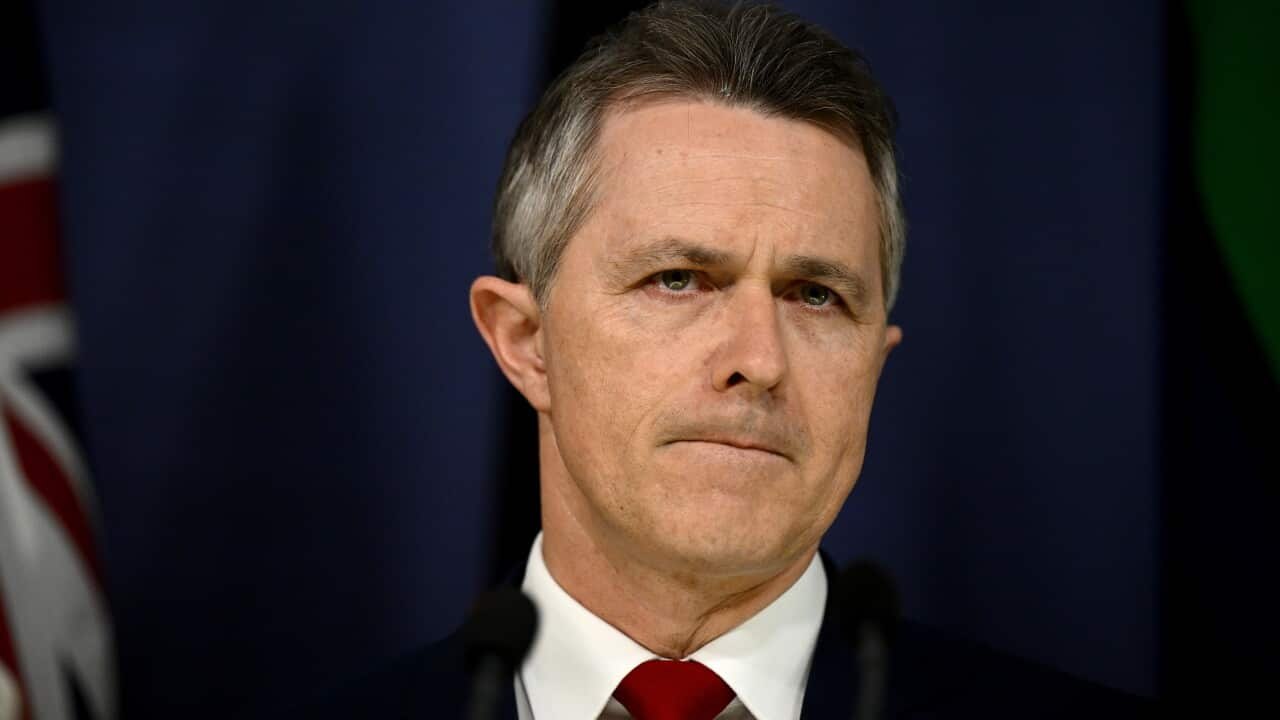Speaking with SBS Hindi, Ms Bianca Baijnath, who is the Divisional Director of Social Gerontology at the National Ageing Research Institute (NARI) and Adjunct Associate Professor, Department of General Practice, Monash University, emphasised that people with dementia need to be socially active.
If we make people lonely and isolate them, they obviously don't have the stimulation of connection and that negatively influences how the brain works.Ms Bianca Baijnath, Director of Social Gerontology
She added that collaborative, friendly, loving, human relationships produce a better environment for the brain to function.

Source: Getty / Getty Images
According to Ms Baijnath, it can be challenging for a carer to take care of a loved one with dementia. It can be very stressful, yet one needs to be patient and cheerful and try to go with the flow.

There's no cure yet known for dementia. Source: AAP
According to Lead study author, Emma Nichols, from the University of Washington, the number of adults with dementia is expected to triple -- to 153 million by 2050.

An initiative of National Ageing Research Institute to build understanding about dementia in multicultural Australia Credit: Bianca Brijnath
“Develop some new skills like some brain exercises like Sudoku, look after personal health making lifestyle changes”, said Ms Baijnath.

Infographic information about Dementia strategic plan 2018-23 (Dementia Australia) Credit: Dementia Australia

iSupport for Dementia, an online skills training and support program developed by WHO for carers of people with dementia. Source: Supplied
“If this is not addressed, it is a risk factor that can lead to dementia.”
There are resources for multicultural communities to understand and seek support for people with dementia and their carers.
Stressing the need to tap into the resources well in time to avoid long waiting periods, Ms Baijnath said that the community should acknowledge the condition, and reach out for help shedding any inhibitions.




